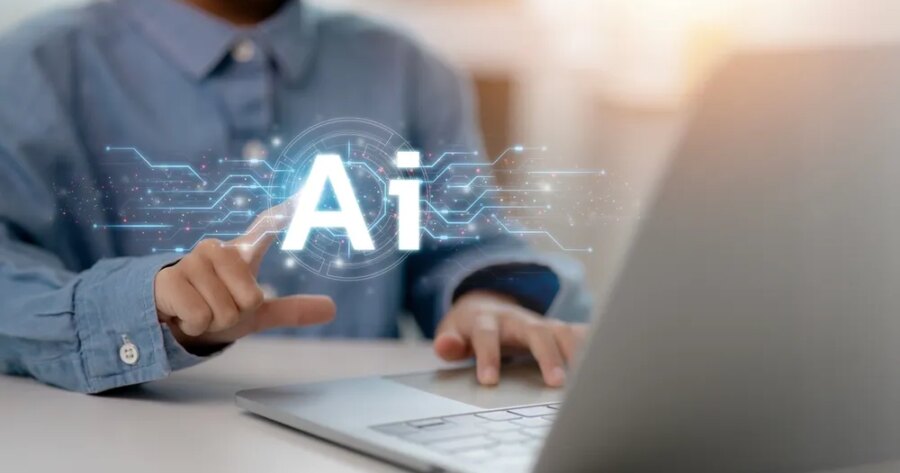The future of artificial intelligence (AI) holds immense potential to revolutionize various industries and aspects of daily life. From automating tasks and enhancing decision-making to enabling personalized experiences and driving scientific discoveries, AI is poised to transform the world in profound ways. As AI continues to evolve, it will likely reshape the workforce, creating new job opportunities while also necessitating the re-skilling of workers.
What is the Future of AI?
The future of artificial intelligence (AI) holds immense potential to revolutionize various aspects of human life. As technology continues to advance at an exponential pace, AI is poised to transform industries, enhance decision-making, and revolutionize the way individuals interact with the world around them.
One of the most significant developments in the field of AI is the advent of machine learning (ML), which enables computers to learn and improve from experience without being explicitly programmed.1 This breakthrough has paved the way for AI systems to analyze vast amounts of data, identify patterns, and make accurate predictions, leading to advancements in fields such as healthcare, finance, and transportation.
As AI continues to evolve, it is expected to play an increasingly pivotal role in shaping the future of technology and society. From automating mundane tasks to providing personalized experiences, AI has the potential to augment human capabilities and drive innovation across diverse domains.
AI’s Impact on Industries and Society
The impact of AI on industries and society is already being felt across a wide spectrum of sectors. In the healthcare industry, AI is being utilized to analyze medical images, assist in diagnosis, and develop personalized treatment plans. This has the potential to improve patient outcomes, reduce costs, and make healthcare more accessible.
AI is also transforming the financial industry by automating tasks such as fraud detection, risk assessment, and portfolio management, leading to increased efficiency and accuracy. In the transportation sector, AI is revolutionizing the way people move. Self-driving cars, powered by AI algorithms, promise to enhance safety, reduce traffic congestion, and provide a more convenient transportation experience.2
This technology’s impact extends beyond specific industries, influencing society as a whole. It has the potential to address global challenges such as climate change, poverty, and inequality by providing data-driven insights and solutions. AI can also contribute to improving education, enhancing accessibility to information, and fostering creativity.
AI’s Ethical and Societal Considerations
It’s not all positive. As AI technology advances, it raises important ethical and societal considerations that require careful attention. One of the primary concerns is the potential for job displacement as AI automates tasks traditionally performed by human workers. It is crucial to address this challenge by investing in reskilling and upskilling programs to ensure a smooth transition for affected individuals.
Privacy is another very real concern, as AI systems process vast amounts of personal data. Robust data protection measures must be implemented to safeguard individuals’ privacy and prevent unauthorized access or misuse of their information. By proactively addressing these ethical and societal considerations, society can harness the full potential of AI while minimizing its negative impacts.
Navigating the Future of AI in the Workplace
AI is reshaping industries and society, driving efficiency, innovation, and new opportunities. However, it also poses challenges such as job displacement and privacy concerns that must be addressed to ensure an ethical, balanced approach. Preparing the workforce through reskilling and implementing strong data protection measures are key steps toward a future where AI enhances, rather than disrupts, the workplace. Embracing these changes thoughtfully will help harness AI’s potential while safeguarding societal well-being.

